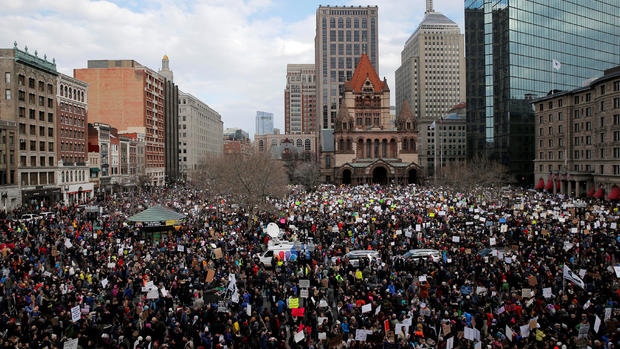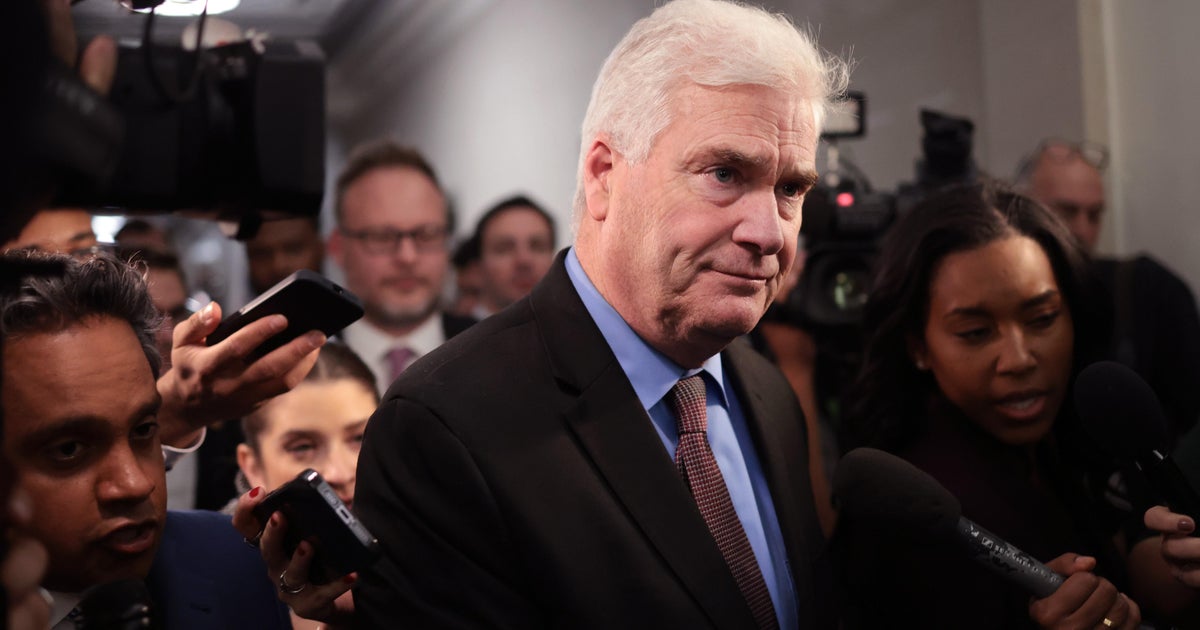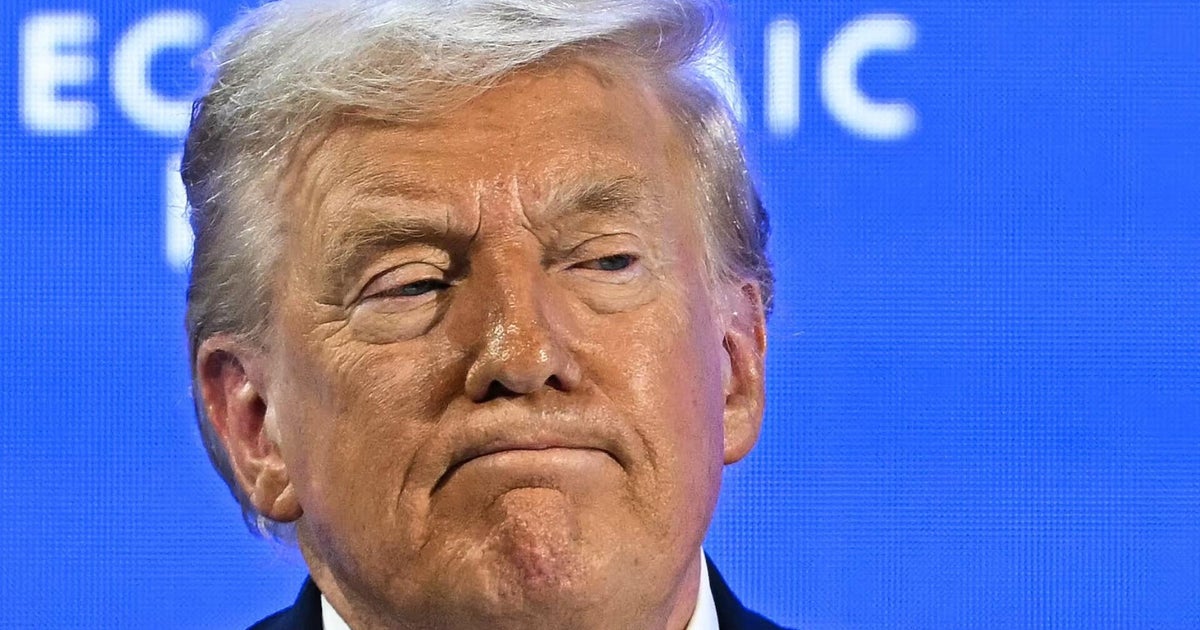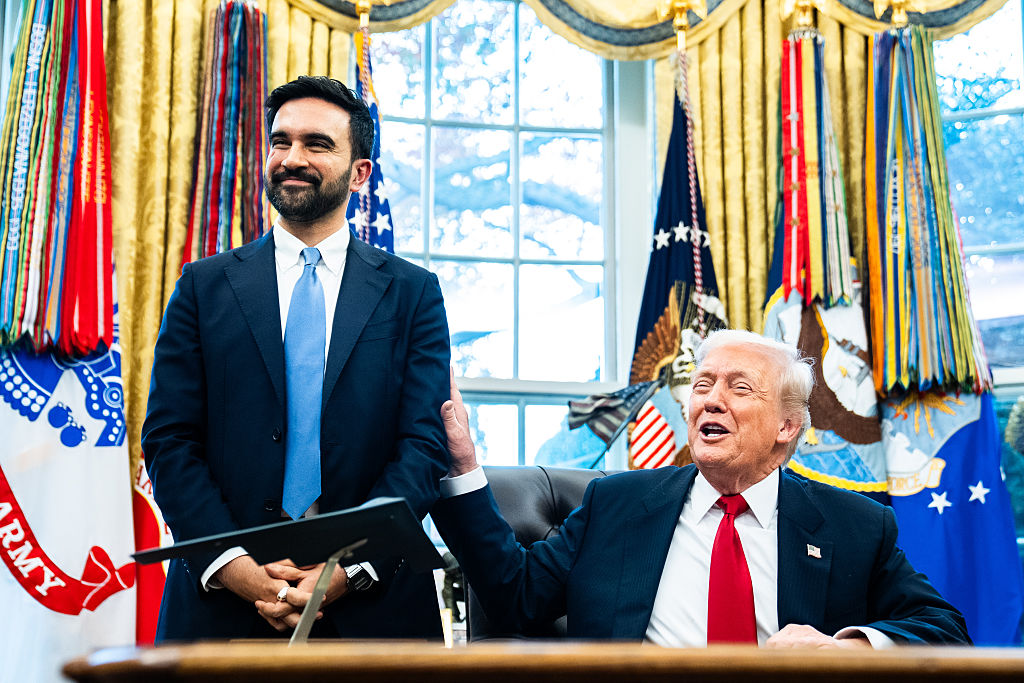Across globe, Trump travel ban inspires fear, petitions and some applause
LONDON -- Anger and dismay, along with congratulations from Europe’s far-right, rippled across the world Sunday as politicians, community leaders and even a sports star reacted to the entry ban President Donald Trump imposed on refugees and citizens of seven Muslim-majority nations.
As the realization sank in that people with dual-citizenship who live outside the targeted Mideast and African countries would be affected, condemnation mixed with concern about families with traveling members who could be prevented from returning to the United States they call home.
Olympic long-distance running champion Mo Farah - born in Somalia, citizen and knight of Britain, U.S. resident and currently training in Ethiopia - wondered how he would tell his children that “daddy might not be able to come home.”
The ban, Farah said in a statement on his Facebook page, “comes from a place of ignorance and prejudice” and “seems to have made me an alien.”
Etihad Airways, the United Arab Emirates’ national airline, said some of its passengers were affected by the new policies and like other major airlines, was working closely with American officials on the matter.
Leaders of Britain and Germany joined other American allies in criticizing Trump’s entry ban, even as some far-right politicians expressed hope the move would inspire similar measures in Europe.
British Prime Minister Theresa May does “not agree” with Trump’s order and will challenge the U.S. government if it has an adverse effect on British nationals, a spokesman said. The official comment came after May said during a meeting Saturday with Turkish leaders the decision was a matter solely for the U.S.
Her main political rival, Labour Party leader Jeremy Corbyn, called for Trump to be banned from visiting Britain until the temporary travel restrictions are rescinded.
A petition on the British Parliament’s website attracted hundreds of thousands of signatures backing its call for Trump, who has been invited to meet Queen Elizabeth II, to be barred on the basis of misogyny and vulgarity.
The petition had more than half a million signatures by Sunday afternoon.
German Chancellor Angela Merkel, who has drawn fire for her government’s welcoming refugee policies, also regretted the ban.
Merkel raised the issue during a phone call with Trump Saturday, citing the 1951 Geneva Refugee Convention that calls on signatories to take in people fleeing war, spokesman Steffen Seibert said.
“She is convinced that even the necessary, resolute fight against terrorism doesn’t justify putting people of a particular origin or particular faith under general suspicion,” Seibert said.
He said Germany’s government “will now examine what consequences the U.S. government’s measures have for German citizens with dual citizenship and, if necessary, represent their interests toward our American partners.”
The order Trump issued Friday includes a 90-day ban on travel to the U.S. by citizens of Iraq, Syria, Iran, Sudan, Libya, Somalia and Yemen, and a 120-day suspension of the U.S. refugee program.
Influential Iraqi cleric Muqtada al-Sadr reacted by suggesting all Americans should be forced out of Iraq in retaliation, according to a statement from his office.
The European Union’s foreign policy chief, Federica Mogherini, also was sharp in her criticism of Trump’s move.
“All men are first and foremost human beings, with their inalienable rights,” Mogherini wrote in a blog post. She added: “It feels so strange that we need to restate this, just days after Holocaust Remembrance Day.”
In contrast, nationalist and far-right groups in Europe applauded the restrictions and said they should be used a model for the continent.
The Dutch anti-Islam populist Geert Wilders said in a tweet: “Well done POTUS it’s the only way to stay safe + free. I would do the same. Hope you’ll add more Islamic countries like Saudi Arabia soon.”
The far-right National Democratic Party in Germany celebrated “the massive restriction on the entry of pseudo-refugees and Muslims to the USA.”
In Italy, the leader of the anti-immigrant Northern League party also expressed admiration. “What Trump’s doing on the other side of the ocean, I’d like it done also here,” Matteo Salvini told reporters.
Referring to the hundreds of thousands of asylum-seekers and economic migrants rescued while crossing the Mediterranean and brought to Italy in recent years, Salvini said there is “an invasion underway which needs to be blocked.” He is pressing for early elections and courting other far-right leaders for a possible campaign coalition.
Italy’s Interior Minister Marco Minniti, who had held top security roles in recent governments, warned against “equating immigration and terrorism.”
“Let’s be careful,” he said in a speech Sunday to officials from the main government coalition party, the Democrats. “Dissatisfaction and marginalization becomes the culture terrain of terrorism.”






